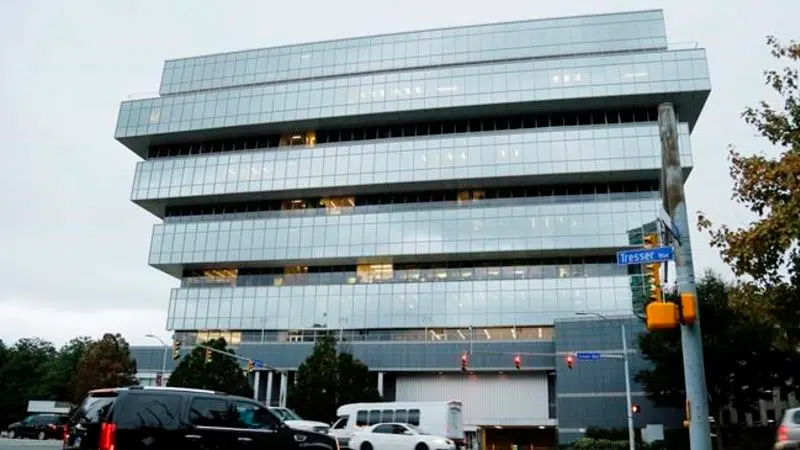
Purdue Pharma files for bankruptcy as part of settlement
Purdue Pharma, the company that made billions selling the prescription painkiller OxyContin, filed for bankruptcy in White Plains, New York, days after reaching a tentative settlement with many of the state and local governments suing it over the toll of opioids.
The filing was anticipated before and after the tentative deal, which could be worth up to $12 billion over time, was struck.
“This settlement framework avoids wasting hundreds of millions of dollars and years on protracted litigation,” Steve Miller, chairman of Purdue’s board of directors, said in a statement, “and instead will provide billions of dollars and critical resources to communities across the country trying to cope with the opioid crisis. We will continue to work with state attorneys general and other plaintiff representatives to finalize and implement this agreement as quickly as possible.”
But legal battles still lie ahead for Stamford, Connecticut-based Purdue, which is spending millions on legal costs as it defends itself in lawsuits from 2,600 government and other entities. About half the states have not signed onto the proposal. And several of them plan to object to the settlement in bankruptcy court and to continue litigation in other courts against members of the Sackler family, which owns the company. The family agreed to pay at least $3 billion in the settlement plus contribute the company itself, which is to be reformed with its future profits going to the company’s creditors.
